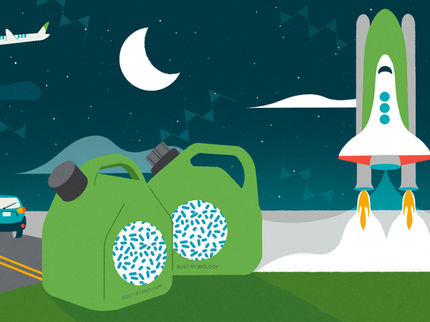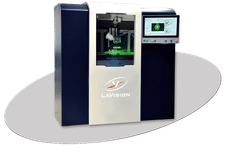Iowa State engineer develops laser technologies to analyze combustion, biofuels
Advertisement
Let's say a fuel derived from biomass produces too much soot when it's burned in a combustion chamber designed for fossil fuels. How can an engineer find the source of the problem? It originates, after all, in the flame zone of a highly turbulent combustion chamber. That's not exactly an easy place for an engineer to take measurements.
"It's fairly obvious when a combustor is not running well and producing a lot of soot and other pollutants," said Terry Meyer, an assistant professor of mechanical engineering at Iowa State University. "But then how do you solve that problem? To do that we can open up the black box and look inside the combustion chamber itself."
The tools that Meyer is developing to do that are highly sophisticated laser-based sensors that can capture images at thousands and even millions of frames per second. Those images record all kinds of data about what's happening in the flaming mix of fuel and air.
"The goal is to probe this harsh environment to provide the knowledge required to reduce pollutant emissions and enable the utilization of alternative fuels," Meyer said. By selecting lasers of different wavelengths, Meyer's combustion sensors can record where pollutants such as soot, nitric oxide and carbon monoxide are being formed. The sensors can also look for unburned fuel and capture data about fuel sprays, fuel-air mixing and energy release.
Meyer's lab is now working on a two-year project to develop and advance laser techniques that are expected to help engineers improve the combustion systems that move vehicles, produce power and heat buildings. An important goal of the project is to analyze and improve the performance of alternative fuels in modern combustion systems.
Other news from the department science
These products might interest you
Most read news
More news from our other portals
See the theme worlds for related content
Topic world Sensor technology
Sensor technology has revolutionized the chemical industry by providing accurate, timely and reliable data across a wide range of processes. From monitoring critical parameters in production lines to early detection of potential malfunctions or hazards, sensors are the silent sentinels that ensure quality, efficiency and safety.

Topic world Sensor technology
Sensor technology has revolutionized the chemical industry by providing accurate, timely and reliable data across a wide range of processes. From monitoring critical parameters in production lines to early detection of potential malfunctions or hazards, sensors are the silent sentinels that ensure quality, efficiency and safety.

































































